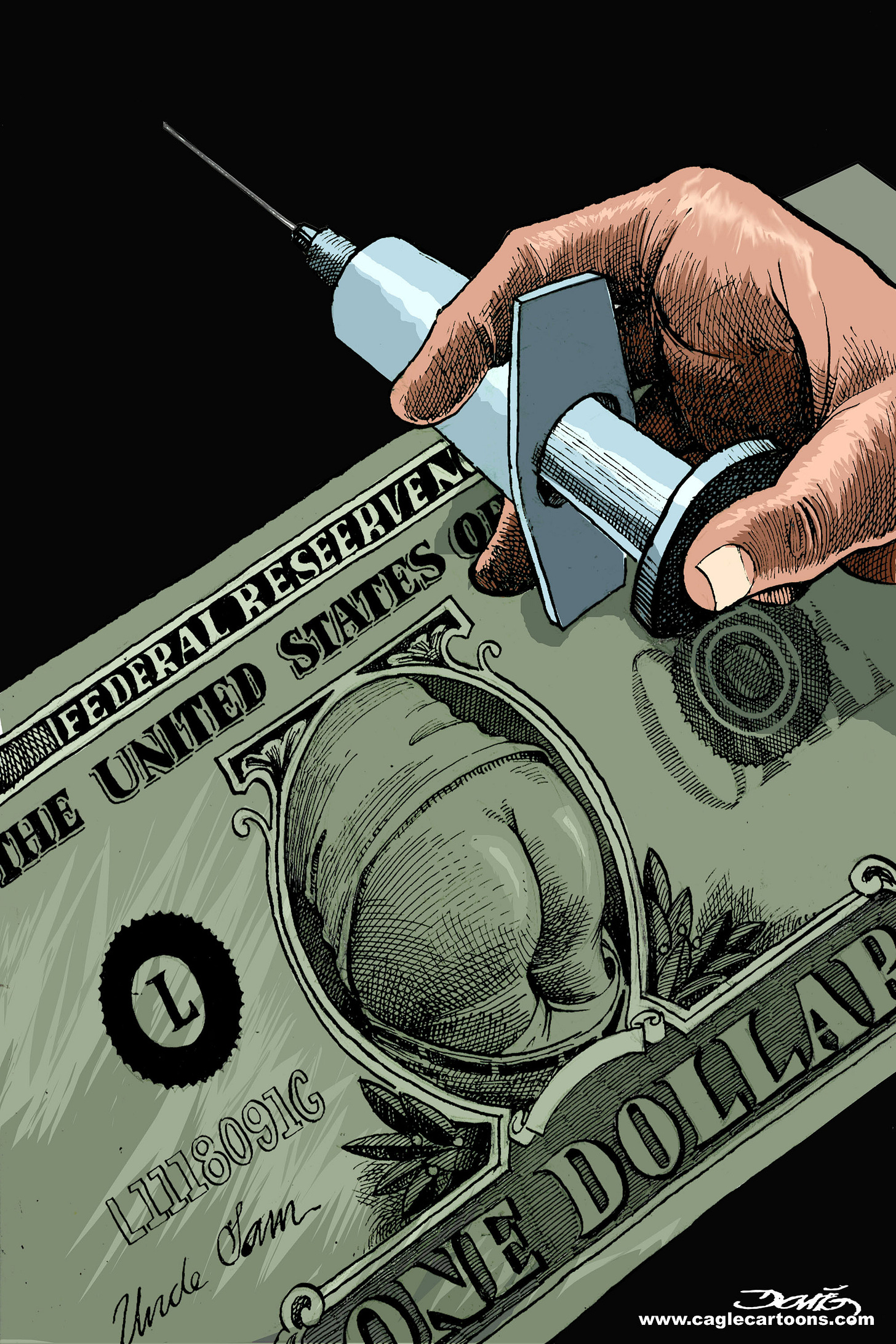Winning By Losing
There is no time like the present for Oklahoma to commence a serious, long overdue conversation about taxpayer incentives for corporations.
Why now? Because of the cautionary tale of Kansas’ fledgling Panasonic battery plant project.
It was just a year ago, of course, Oklahoma lost out to Kansas for the facility that will assemble Tesla car batteries – Kansas ponying up $829 million of taxpayers’ treasure, topping Oklahoma’s $698 million offer.
While Kansas celebrated what it heralded as an economic development grand slam – a $4 billion plant expected to generate 4,000 new jobs near Kansas City – Oklahoma Gov. Kevin Stitt and legislative leaders bemoaned another strikeout.
Was Oklahoma again used by a corporate heavy hitter to get a better deal from a place it would rather be [think: United Airlines and Indianapolis]? And if so, why isn’t Oklahoma a place to be?
At the time, the Panasonic post-mortem focused more on Oklahoma’s perceived shortcomings than on this question: where are tax dollars better invested? In multinationals looking to expand? Or in creating a better quality of life through improved education, healthcare, parks, nightlife, etc. that not only would be attractive to expansion-minded corporations, but also to the families of their executives who would be asked to relocate.
Fast forward a mere 13 months after Panasonic chose DeSoto, KS, over Pryor, OK. Today, the Sunflower State’s economic development grand slam increasingly looks like a long flyout.
Yes, the lithium-ion battery plant is being built, but at what cost? The Kansas City Star reports Panasonic’s $4 billion investment is only about half as much as it will collect in overall taxpayer incentives.
The original state package of $829 million, plus another $200 million in local property tax incentives from DeSoto, an additional $26 million for road improvements and a $5 million headquarters from the state, and $15 million from Johnson County for infrastructure.
But wait – there’s more! According to the incentive watchdog group Good Jobs First, Panasonic’s DeSoto investment positions it to collect $6.8 billion – yes, billion – from last year’s federal Inflation Reduction Act.
For Panasonic, all told, that’s about $8 billion – a doubling of its $4 billion investment. For Kansas taxpayers, it’s the equivalent of spending $2 million – $2 million! – for every job created at the DeSoto plant.
As Kansas state Rep. John Carmichael, D-Wichita, told the Star: “Sometimes I look at the number of jobs that come out of some of these projects as compared to the cost of the incentives, and I almost feel like we might be ahead to just simply send the employees a check from the state treasury and not ever build a plant.”
Adding insult to taxpayers’ injury: All of the incentives are flowing into a multi-national that projects its net profit this year will jump 32% over last year – to a record $2.59 billion, according to Reuters.
In Oklahoma, unfortunately, Stitt and legislative leaders responded to Kansas’ “victory” by refusing to take no for an answer from Panasonic.
As a result, the Oklahoma Department of Commerce announced in May it had revived the $698 million deal, which it projects to create 3,500 jobs at Pryor’s MidAmerica Industrial Park. But as the Tulsa World noted, some lawmakers doubt Panasonic is eligible for that tax package. Plus, questions remain about who will pay for an estimated $245 million in necessary site work.
As Kansas is being reminded, big, splashy economic development deals can end up leaving taxpayers all wet. It may not be as sexy, but it’s far wiser to slowly, steadily invest precious tax dollars in strategies that lift all boats and help create a better quality of life.
Those are the places to which big business wants to expand.



